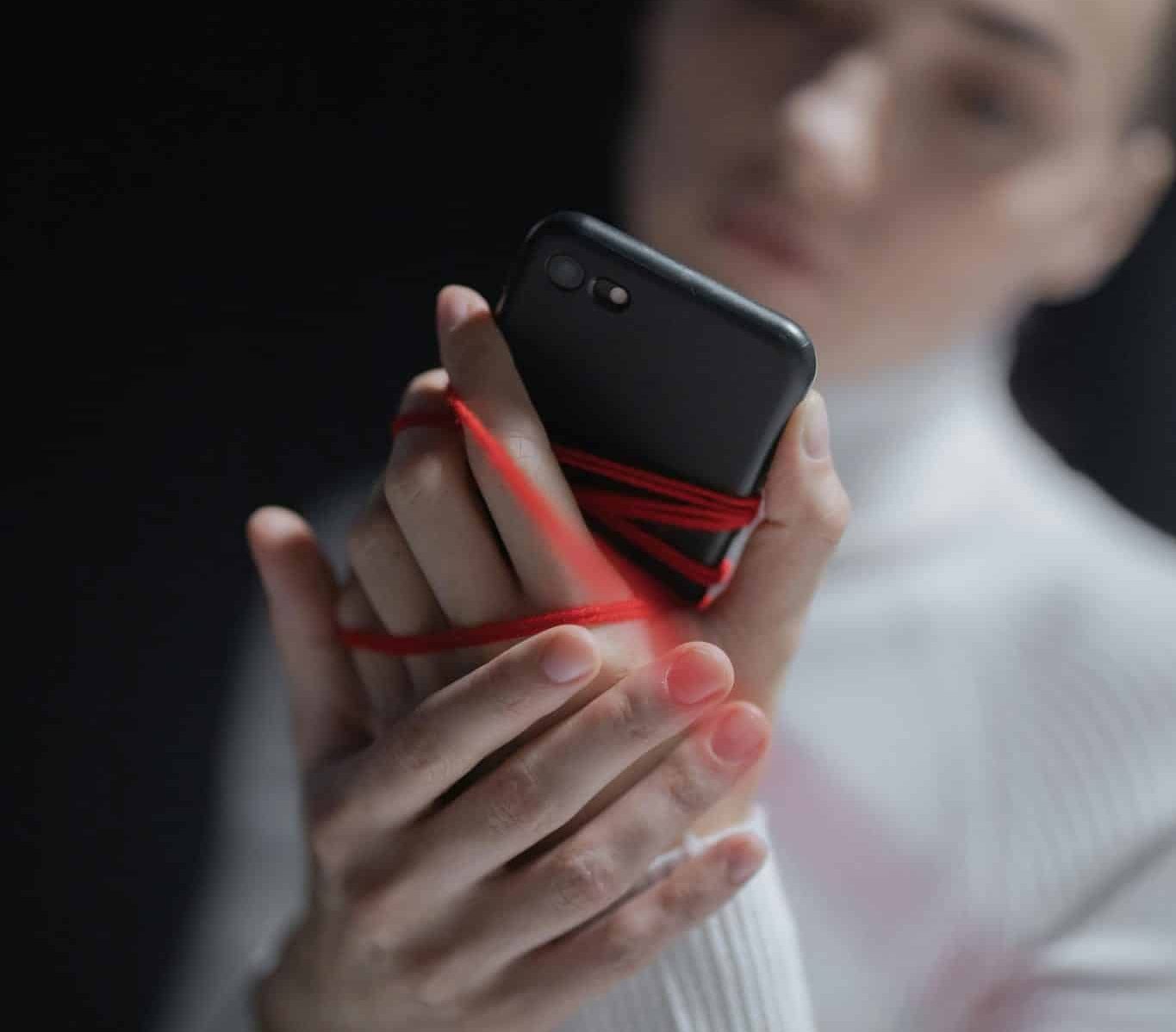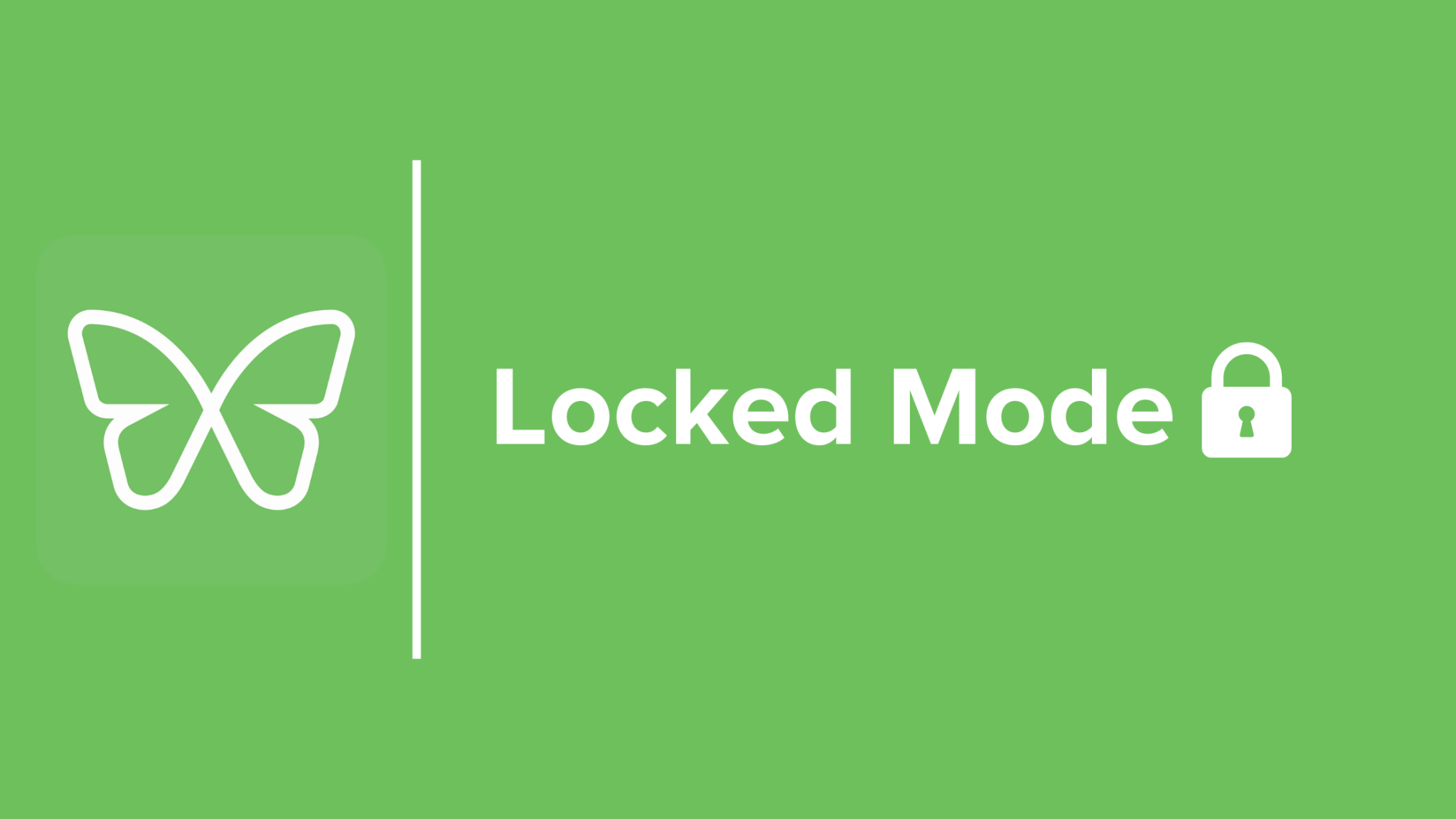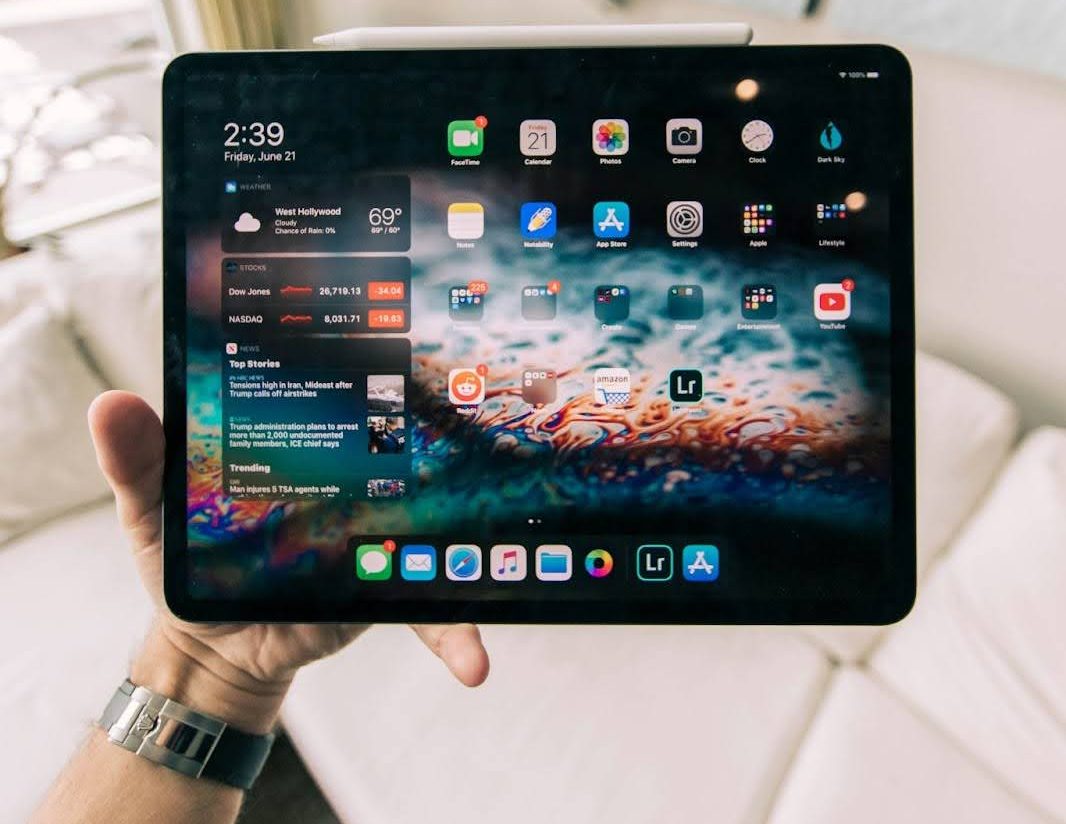How Your Phone Is Ruining Your Relationships

Do you remember the original premise of the iPhone? It was supposed to primarily be an MP3 player and phone in one — a combo iPod and cellphone designed to make it easy to listen to music and make phone calls.
But since those early days, the smartphone has evolved into much more than a hybrid music/calling device. It has become a central hub for most of our online activities. We now do hundreds of activities on our phone, from answering emails to making memes to watching the latest Netflix series.
Our smartphones have become so ubiquitous that when we accidentally leave home without them, we feel almost naked. And it’s no secret that they have radically changed society as a whole. Smartphones have changed everything from how we navigate when driving to how we purchase online.
They’ve also radically changed the way we interact with each other.

Phubbing: The New Norm
According to one study, we check our phones on average a whopping 85 times per day. Unfortunately, many of these quick (and not so quick) phone checks happen when we’re in the presence of others. We feel the quick buzz of our phone and feel compelled to see what’s happening, even if that means turning our attention away from other people.
Smartphones have given rise to a new phenomenon called “phubbing”, or “phone snubbing”. Phubbing is defined as the act of snubbing a person in favor of your phone. It’s giving your time, energy, thought, and attention to your smartphone instead of the person you’re with. Instead of chatting with your significant other about your day, you’re mindlessly scrolling through the latest news or playing a game of “Mariokart”.
Jeremy Brown puts it this way:
Phones — and the social media and games and apps they contain — are basically dopamine slot machines, designed to keep people scrolling, liking, commenting, email-checking, and Fortniting. The major thing they distract from? Relationships. Real human relationships. In fact, the stranglehold that devices have on relationships has become so great it’s even been given its own name: “phubbing.”
In years past, being so distracted in the presence of others would have been considered completely unacceptable. Today, however, we simply accept it as a byproduct of the smartphone era.
Phubbing has become an unfortunately accepted norm in our society.
The truth is that society changes as technology changes. Before the introduction of the television, it was much less common for people to sit around in the living room ignoring each other. But with the advent of the television, it suddenly became the norm for everyone to focus their attention on the screen rather than each other. Technology changed social norms, then and now..
The same thing is happening with smartphones. It has become acceptable for us to focus our attention on the small screen in the palm of our hand rather than the people we’re with. Instead of personally interacting with others, we tap and swipe and like and share.
As technology has changed, our brains have also changed. There are neurological reasons we can’t stop checking our smartphones. Notifications, likes, retweets, and text messages cause dopamine to be released in our brains. Dopamine is a chemical that causes us to feel good, and every notification we receive causes another hit of dopamine to be released.
As Trevor Haynes writes:
Cognitive neuroscientists have shown that rewarding social stimuli—laughing faces, positive recognition by our peers, messages from loved ones—activate the same dopaminergic reward pathways. Smartphones have provided us with a virtually unlimited supply of social stimuli, both positive and negative. Every notification, whether it’s a text message, a “like” on Instagram, or a Facebook notification, has the potential to be a positive social stimulus and dopamine influx.
The unfortunate reality is that we are, in many ways, hooked and glued to our smartphones and is hurting our relationships.

Are Your Phone Habits Hurting Your Relationships?
And now for the million dollar question: are your phone habits hurting your relationships?
When you’re with friends, do you find yourself constantly monitoring your phone? Do you regularly check your text messages, social media feeds, and news updates while you’re hanging out with your friends?
What about in your romantic relationships? Does your significant other ever get 100% of your attention, or are they constantly fighting with your phone?
What about with your children? Do they have to vie with your smartphone for your attention?
In other words, are you a “phubber”?
Consider how it feels to be on the receiving end of phubbing. You feel:
- Ignored
- Overlooked
- Smaller
- Less valuable
- Like you don’t really matter
It’s a painful experience. At the risk of sounding extreme, it’s even a bit dehumanizing when someone chooses their smartphone over you. As if what’s happening on their smartphone is more important than the conversation they’re having with you.
Author Andy Crouch says, “The best moments of human communication are with a few people really listening to each other at length. The thing is, our brains don’t prefer this. We love novelty. We love that stimulation of that notification arriving.”
Our smartphones, while offering many incredibly valuable services, can make it very difficult to listen at length to one another. To have meaningful interactions with each other. To develop the kind of deep friendships that stand the test of time.
If we’re going to build deep relationships with our children, significant others, and friends, we need to be intentional about how we use our smartphones. We don’t need to abandon them altogether. Rather, we need to be thoughtful about how we use them and how they affect our relationships with others.

4 Ways To Tell If Your Phone Habits Are Affecting Your Relationships
So how can you tell if your phone is negatively affecting your relationships with others? Here are four warning signs.
1. You Constantly Find Yourself Distracted By Your Phone
The most prominent warning sign that your phone is hurting your relationships is that you find yourself constantly distracted by your phone, including when you’re with others. When you’re with friends, do you find yourself also regularly engaging in text conversations or scrolling through social media? Are you always asking people to repeat themselves because you missed what they said? Do you get lost when people are talking because you divide your attention between your friends and your phone?
If so, your phone is probably having a negative impact on your relationships. It’s keeping you from developing the kind of meaningful relationships that add depth to the human experience.
2. People Must “Interrupt” You In Order To Get Your Attention
Another warning sign that your phone is hurting your relationships is that people must “interrupt” you simply to get your attention. In other words, you’re on your phone so much that you don’t have time and space for in-depth, meaningful conversations with people. The only way they can truly get your attention is if they “interrupt” you.
3. Others Comment About How Much You’re On Your Phone
If others are regularly commenting about how much time you spend on your phone, that’s not a good sign. It’s an indicator that you’re probably phubbing them. They feel hurt by your actions and they express that hurt by commenting on your phone usage.
If someone comments regarding how much time you spend on your phone, consider asking them whether they feel like you’ve been ignoring them in favor of your phone.
4. You Have Trouble Engaging In Deep Conversation
Deep, meaningful conversations are a critical part of life. They enable us to develop true friendships with people that go beyond merely the surface. Unfortunately, our phones can make it difficult for us to engage in these kinds of deep, heartfelt conversations. In order for deep conversation to happen, we must be able to give our attention to a person for an extended period of time. We must be able to fully listen and respond to what they’re saying.
If you find yourself never going below the surface during conversations, never talking about anything particularly meaningful, your phone could be at least partially to blame.

5 Ways To Create Better Boundaries With Your Phone While You’re With Others
So how do you put your phone in its proper place? How can you ensure that your phone doesn’t hurt your relationships with others? Consider implementing some (or all) of these tactics.
- Put Your Phone Away – Let’s start with the most extreme measure. There are times when you simply need to put your phone away. Put it in a drawer. Lock it in a box. Do whatever it takes to break the addicting, distracting power of your smartphone. While your phone is away, use that time to engage in meaningful conversations with others.
- Turn Off Notifications – Next, consider turning off notifications on your phone while you’re with others. Disable text messages and emails, as well as notifications from social media apps like Facebook and Twitter. If you use a smartwatch, make sure that you disable notifications on it as well. This will eliminate the buzzes and dings that are so distracting.
- Block Distracting Websites and Apps – Using an app like Freedom, consider blocking distracting websites, apps, or the entire internet. This includes social media apps, news apps, shopping websites, etc. You want to make it as difficult as possible to access distractions when you’re with others.
- Create New Rules For Yourself – It’s not enough to just block distractions and notifications on your phone. You also need to create new habits and boundaries for yourself. You need new norms of phone usage that will keep you from hurting your relationships. Consider creating specific rules for yourself about when you will and won’t use your phone. For example, maybe you won’t use your phone at all when you’re around your friends. Or maybe you won’t use your phone after a certain time so that you can fully engage with your family.
- Have Hard Conversations About Your Phone Usage – You may find it valuable to have hard conversations with your friends or significant other about your phone usage. Ask them if they ever feel phubbed. Ask if they feel like they need to battle with your phone for your attention.

Relationships Are Worth It
It’s not easy to break long standing smartphone habits. If you’ve been in the habit of using your phone while with friends and family, you may find it difficult to change your patterns of behavior. But the work required is worth it.
Speaking of friendships, Shel Silverstein said:
How many slams in an old screen door? Depends how loud you shut it. How many slices in a loaf of bread? Depends how thin you cut it. How much good inside a day? Depends how good you live ’em. How much love inside a friend? Depends how much you give ’em.
Don’t let your phone hinder your ability to give love to your friends and family. Do whatever is required to keep from phubbing those you love.


